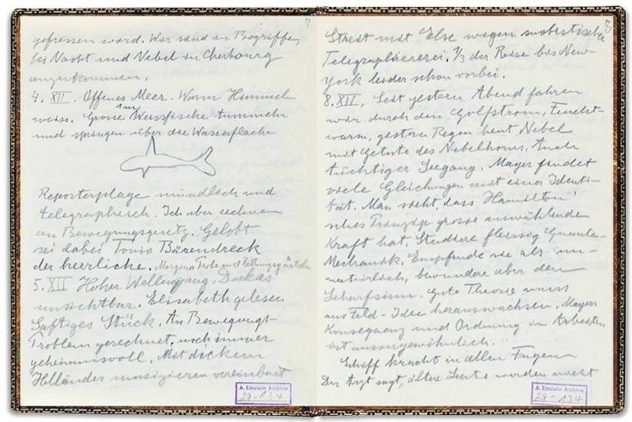Sometimes the story we begin writing outgrows the boundaries of memoir and branches away from the task of reconstructing real people and lived events and leaps imaginatively into invention—first, invention of little thi s’s and that’s, and then (oops!) into the invention of bigger this’s and that’s—until, at some point you sit up at your computer and think . . . hmmm . . . am I writing memoir or fiction?
s’s and that’s, and then (oops!) into the invention of bigger this’s and that’s—until, at some point you sit up at your computer and think . . . hmmm . . . am I writing memoir or fiction?
It happens.
Because, of course, the root of what the memoirist does is invent on the page, or re-invent, we might say: a memory. She paints for the reader remembered experience.
Is that fiction? Good question. One could argue: Yes. One could argue: No.
As memoirists we allow a certain level of invention. We have to, because words on paper are not the real event, hence: invention. But furthermore, you are not writing history when you write memoir; you are not recording factual information gleaned from sources in libraries and public records (although you might have used such material for research). The point is: You are writing a story, and in that process, there is the act of re-creating the remembered moments of a life.
The question becomes: When does that act of re-creating go too far? When are you writing fiction, and if you discover you are, is it okay to just go with it—to do that—to bridge over and write fiction?
You have gone too far (for memoir) when you invent characters and events. Not when you are recreating dialogue spoken between real people for events that actually happened, but when you start adding people and taking the conversations into wholly new and imagined territory (which you know in your little heart of hearts, didn’t happen—oh, you may wish it had happened that way . . . but it didn’t). Good news! There a place to do that. It’s called writing autobiographical fiction.
dialogue spoken between real people for events that actually happened, but when you start adding people and taking the conversations into wholly new and imagined territory (which you know in your little heart of hearts, didn’t happen—oh, you may wish it had happened that way . . . but it didn’t). Good news! There a place to do that. It’s called writing autobiographical fiction.
Is it wrong to take your story in that direction, to just go with the imagination and take the bridge away from memoir and into the land of fiction? No, of course it’s not wrong. Sometimes a story is best told by letting go of the facts and allowing the imagination to make a better tale than you are able to create via that messy fallible thing called memory.
The key here is: Should you wander away from actual known people and lived events, you can not call that piece of writing  memoir, or rather, you shouldn’t. Too many people out there have this notion that memoir is a direct recitation of facts, and you can get yourself in a pickle if you bend their interpretation too far. Hence, it is just easier to call it fiction, and enjoy creating a story that works, and that is what you are trying to do; that’s what all storytellers are trying to do: create a story that works.
memoir, or rather, you shouldn’t. Too many people out there have this notion that memoir is a direct recitation of facts, and you can get yourself in a pickle if you bend their interpretation too far. Hence, it is just easier to call it fiction, and enjoy creating a story that works, and that is what you are trying to do; that’s what all storytellers are trying to do: create a story that works.
And what does that mean? A story that comes to satisfying conclusion, all threads tied up in some way—not necessarily happy-face-bow-on-top tied up, but outstanding issues addressed—characters believably thwarted or successful in attaining their desires, and lingering questions answered. That’s a short cut answer, but it’s helpful to have one in this discussion, because it helps you understand why sometimes a memoir doesn’t work. Without inventing you can’t bring the story arc to completion. In the pursuit of a good story, sometimes imagination wins out over the facts.


